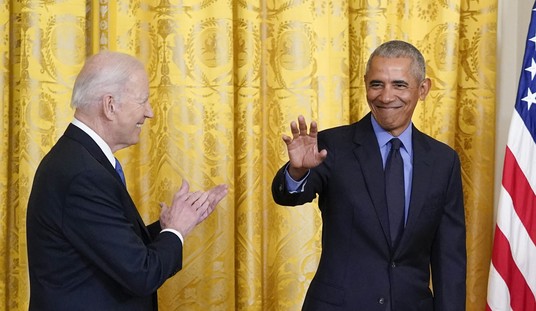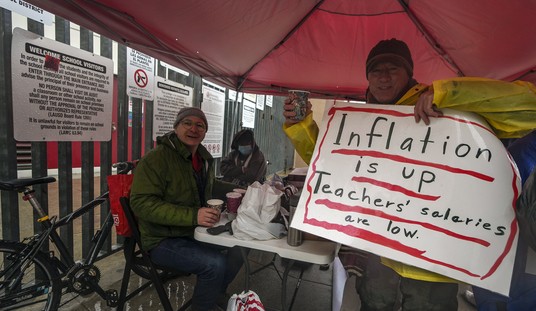Criticism of President Obama’s appointment of Elizabeth Warren to oversee the establishment of the Consumer Financial Protection Bureau (CFPB) – the Dodd-Frank Act’s contribution to growing the federal bureaucracy – has focused on Obama’s end-run around the Senate confirmation process. By making Warren the White House czar for the CFPB instead of the agency’s director, Obama allows her to “effectively run the agency” (quoting the New York Times) while skirting both the Constitution’s requirement that “officers” of the federal government be confirmed by the Senate and the troubling questions about Warren’s anti-business bent that would inevitably have been part of her Senate confirmation hearings.
While the President’s attempt to defeat the constitutional checks and balances provided by the confirmation process is troubling enough, Warren’s appointment as White House czar is undoubtedly also intended to defeat the checks and balances provided by Congressional oversight. Such oversight typically involves testimony by Cabinet and sub-Cabinet officials before Congressional committees and the subpoenaing of agency documents.
In sharp contrast, the Obama White House has made it clear that its czars cannot be compelled to testify before Congress and will not be allowed to testify voluntarily. Thus, Warren’s appointment guarantees that the powerful new CFPB will be largely exempt from the openness and transparency Obama promised for the entire government. That exemption will come in particularly handy for Obama if the GOP takes controls of either house of Congress in November, giving Republicans oversight authority as the CFPB begins its mischief-making next year.
The late Senator Robert Byrd foresaw this problem in February 2009 when he wrote to Obama to express his concern about the President’s excessive use of czars, warning that czars
are not accountable for their actions to Congress, to cabinet officials, and to virtually anyone but the president. They rarely testify before congressional committees, and often shield the information and decision-making process behind the assertion of executive privilege. In too many instances, [they] have been allowed to inhibit openness and transparency, and reduce accountability.
Under the terms of the Dodd-Frank Act, the Treasury Department, rather than a White House czar, should be running the CFPB until a director is named. But Obama got around that requirement by giving Elizabeth Warren a dual appointment as a special adviser to Treasury Secretary Timothy Geithner. While Congressional committees cannot compel Warren to testify in her capacity as an assistant to the President, Congress may argue that she can be so compelled in her capacity as a Geithner adviser. But don’t get your hopes up since executive privilege provides the Obama Administration with counterarguments.
At the end of the day, Warren is likely to be as unaccountable as the President’s other czars, but with an added and dangerous twist. Obama’s use of White House czars to exempt long-established, largely stable agencies from transparency and accountability has been dangerous enough. But this latest attempt, aimed at shielding from accountability a brand new, poorly understood agency – one likely to be riddled with the mistakes and misjudgments found in any startup – is recklessly irresponsible.













Join the conversation as a VIP Member